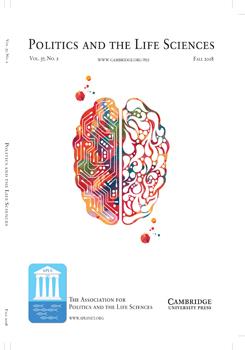Given the complexity of the current nuclear age and the absence of work on deterrence under true multipolarity, interdisciplinary models can provide new perspectives on tailored deterrence. Drawing from recent findings in the life sciences, this article offers a cultural neuroscience approach to deterrence decision-making, with special attention given to the ways in which culture interacts with cognition and the security environment to shape behavioral outcomes during conflict. Since North Korea remains largely a “black box” in international relations, a cultural neuroscience perspective can provide valuable insight into the effects of cultural conditioning on perception and cognition within the context of nuclear deterrence on the Korean Peninsula. Through an analysis of the bureaucratic and military structures, leadership characteristics, and institutional landscapes shaping North Korean strategic culture, this article examines the influences of historical memory and cultural values, such as collectivism, honor, and face-saving, on political decision-making in Pyongyang.
How to translate text using browser tools
1 December 2018
A cultural neuroscience perspective on North Korean strategic culture
John M. Friend
ACCESS THE FULL ARTICLE
It is not available for individual sale.
This article is only available to subscribers.
It is not available for individual sale.
It is not available for individual sale.

Politics and the Life Sciences
Vol. 37 • No. 2
Fall 2018
Vol. 37 • No. 2
Fall 2018
cultural neuroscience
decision-making
North Korea
strategic culture
tailored deterrence




